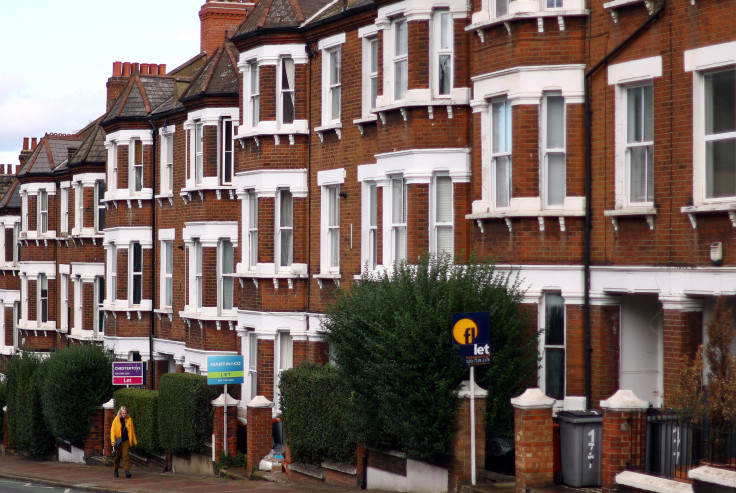Experts believe UK homeowners can use their houses to aid them amidst cost of living crisis
"Making money off your home is ideal for people that don't have much time and want to generate cash to help with their bills," says Greg Wilson, CEO and co-founder of Quotezone.co.uk.

We used to live in a large apartment block on Finchley Road. The nearest parking was two streets over and usually entailed driving to the furthest end of the road. After many a pleasant weekend evening out, the mood would sour from the long walk home (or what seemed like a long walk in heels late on a Friday night).
Our apartment complex had that something special every car owner in London covets: off-road parking right in front of our building. Indeed it was one of the "selling points" our estate agent emphasised in his pitch: all eight parking slots were owned by certain flat holders already, but if we were lucky, we may be able to persuade one of them to rent it out to us.
You may imagine our joy when a spot came up two years later and we happily paid through the nose for the rest of our years on Finchley Road for the privilege.
With the cost of living squeezing families, the latest figures - for March 2023 - put inflation at 10.1 per cent.
Much like our scrappy neighbour who was able to convert his unused parking spot into a passive income opportunity, there are myriad ways homeowners can generate some extra cash.
As Greg Wilson, CEO and co-founder of Quotezone.co.uk, a price comparison website, puts it: "Making money off your home is ideal for people that don't have much time and want to generate cash to help with their bills."
Giving specific examples, Wilson goes on to say: "There are so many innovative ideas to try, like renting out the garage for people in need of storage space or the garden to city-dwellers desperate for green space to grow their favourite produce and plants."
What do experts suggest?
The first suggestion, which is relatively straightforward, is renting out a room. Under the government's Rent a Room Scheme, renting out a room can earn homeowners an extra £625 a month tax-free. With the demand for accommodation high nationwide, finding a lodger should not be a problem. Homeowners can also charge lodgers for council tax and utility bills. Even cleaning and food can be charged if these are services provided by the homeowner.
In addition, why not go a little further? According to the experts at Quotezone.co.uk, homeowners can even hire out available rooms in their houses to businesses. Make the most of unused rooms by renting them as an office workspace. Start-ups looking for an unconventional workspace may be likely clients. With the rise of remote working, more and more people are looking for affordable workspaces away from home, and plenty of online platforms can help facilitate this renting.
Another tip from experts involves renting out space for storage. If the loft, shed, garage or basement is empty and unused, why not rent it out to people looking for storage space? This can be worth potentially thousands in passive income, especially in high-demand areas like London. People are eager for solutions more economical than commercial storage units.
Furthermore, Quotezone.co.uk suggests people with a larger garden could consider renting out space as an allotment, allowing the unused space to generate money. Ensure there is easy access to the garden so allotment owners can get in and out when needed.
Parking near stations, airports and sporting venues is always sought after, with people prepared to pay for a golden spot. That's why the experts at Quotezone.co.uk propose that UK homeowners should consider renting out their driveways.
Anyone in a high-demand area should research if their car parking space is eligible for renting. There are numerous websites where homeowners can advertise their sites - some of these portals claim their top spaces make upwards of £4,000 a year.
Last, but certainly not least, experts suggest renting to film and TV companies. Agencies are always on the lookout for stunning homes with characters to feature on the big screen. Letting a film crew into a home has the potential to earn people thousands.
To be in the running, homeowners can sign up with film location agencies to see if their houses could make suitable contenders. Spacious country homes and modern city centre apartments seem popular, although directors need all sorts of houses across the UK to shoot various scenes.
There are the usual caveats of course – and Wilson reminds people to research beforehand: "Although everyone has a tax-free personal allowance of £12,500, any earnings over £1,000 need to be registered for self-assessment, so inform HMRC."
He adds that homeowners must inform insurance providers of any change in circumstances, such as taking on a lodger or allowing someone to park in their driveway - in order to ascertain that their cover is not in any way invalidated.
© Copyright IBTimes 2025. All rights reserved.






















